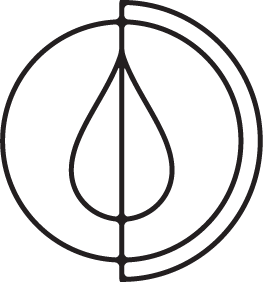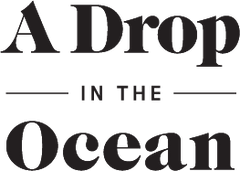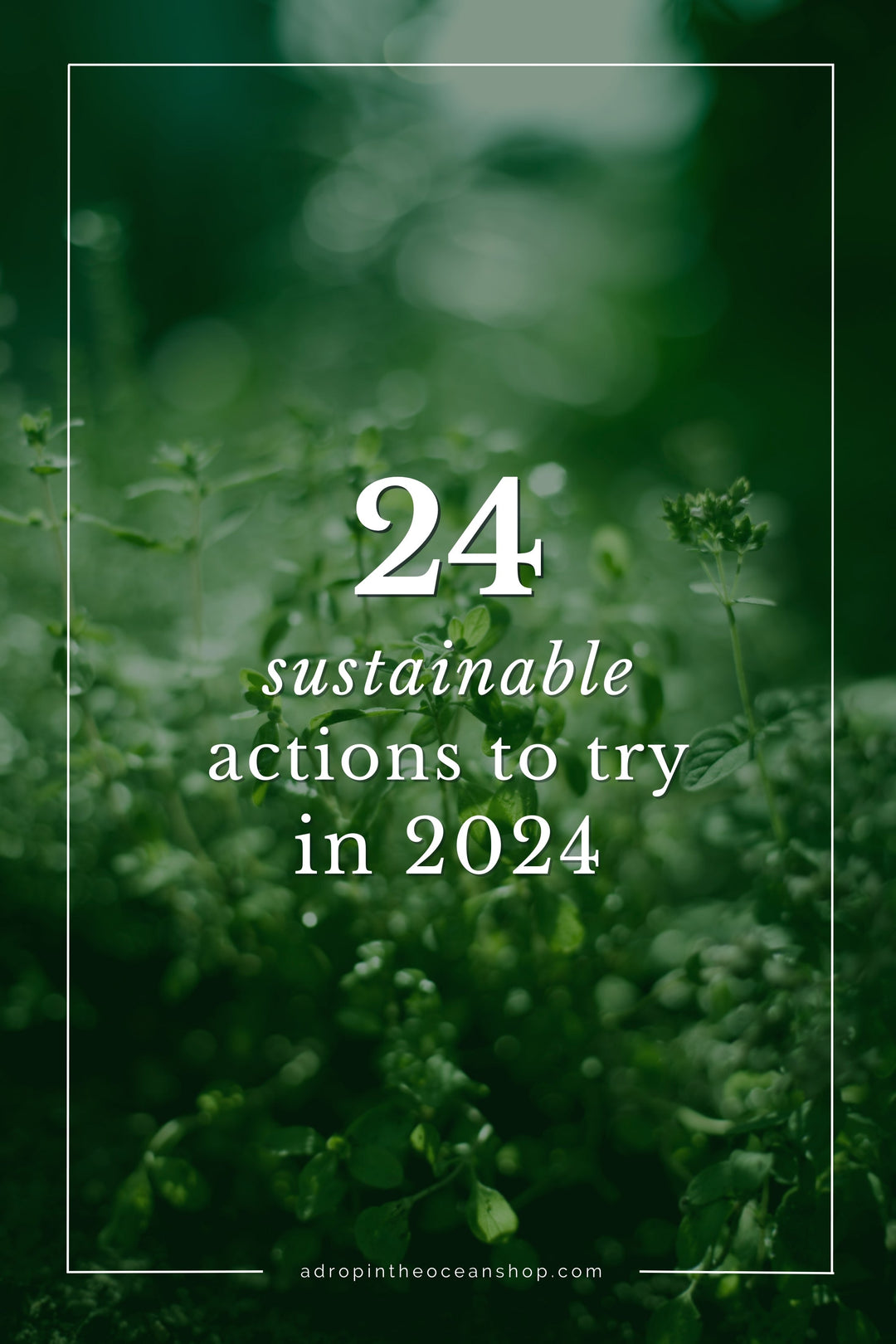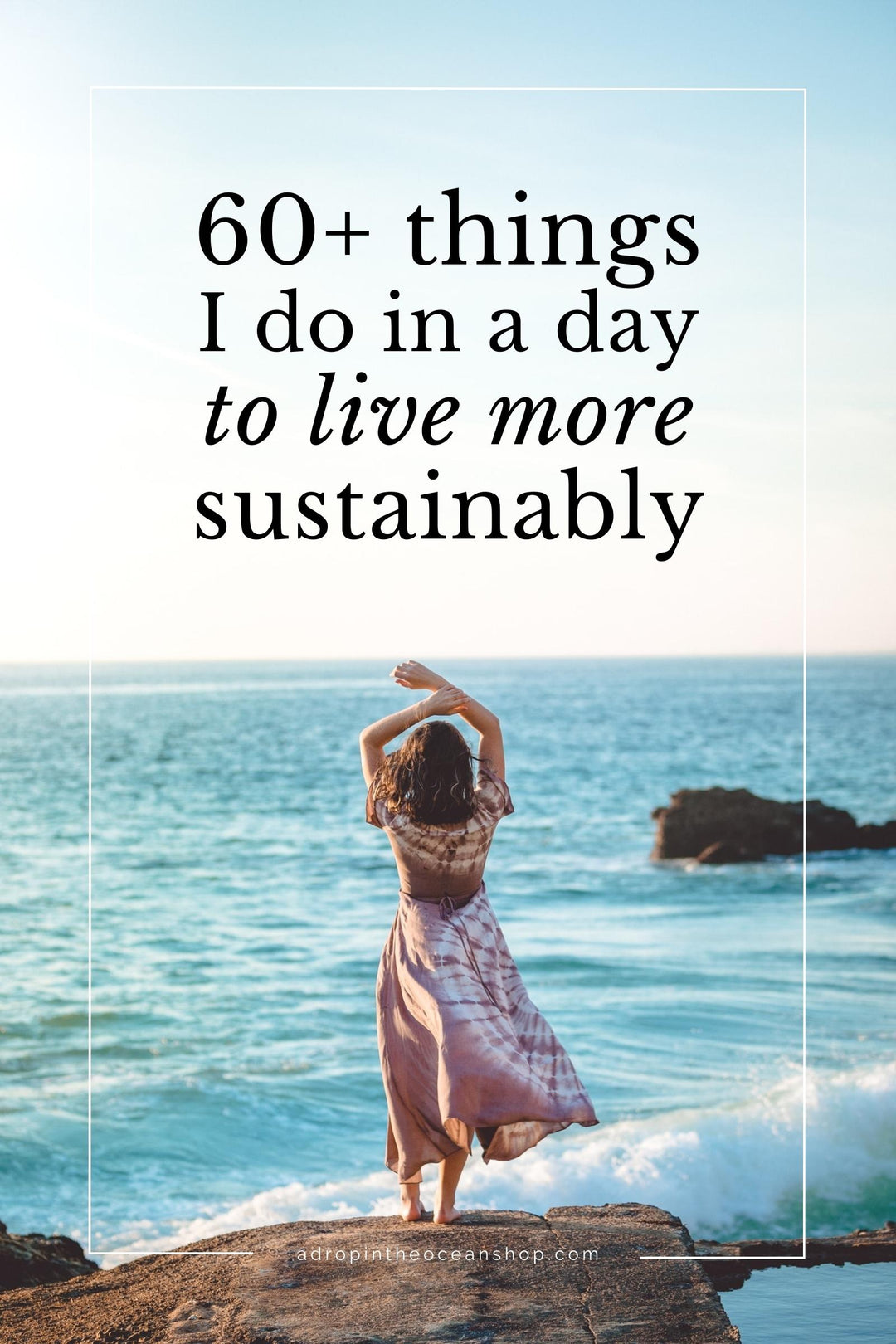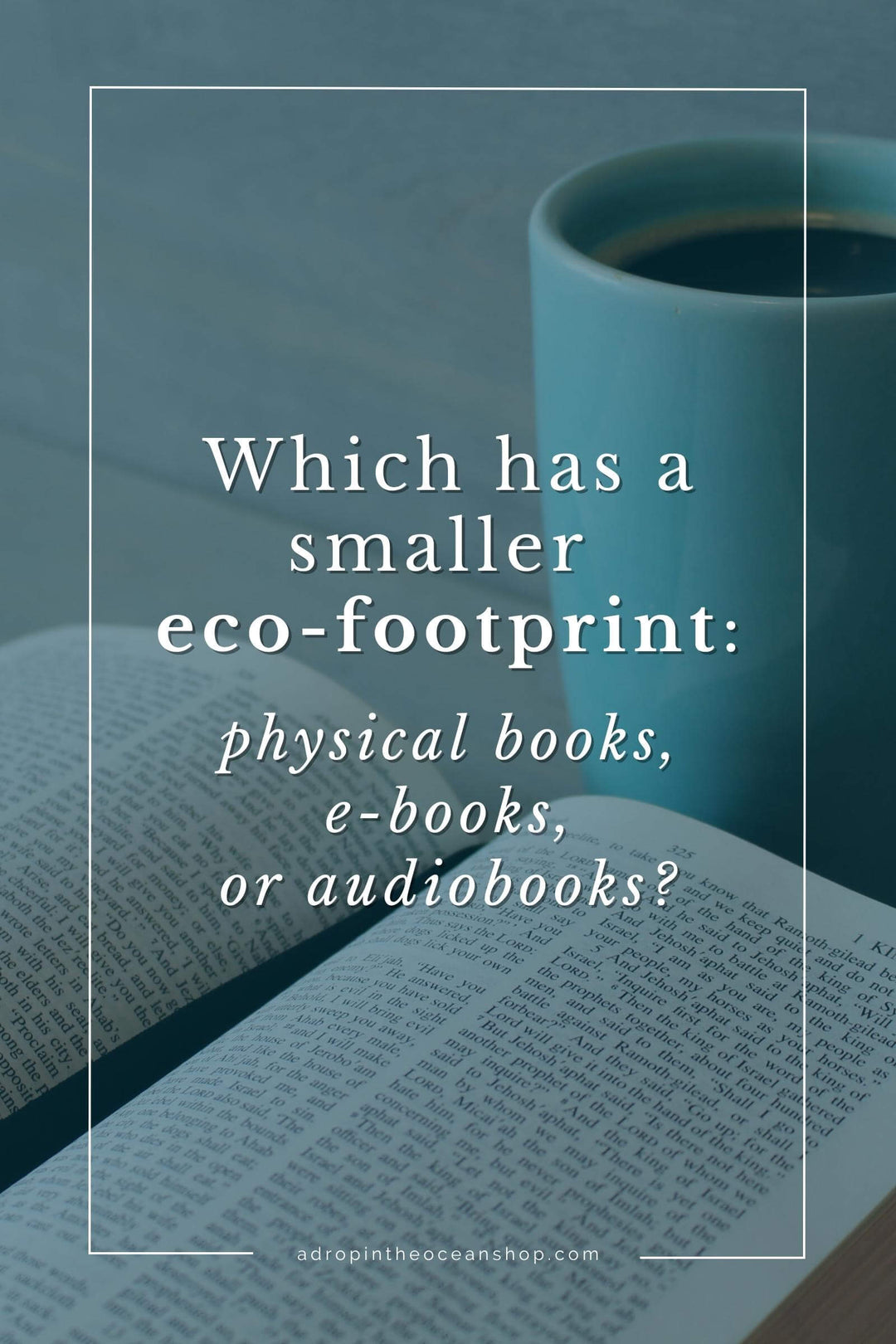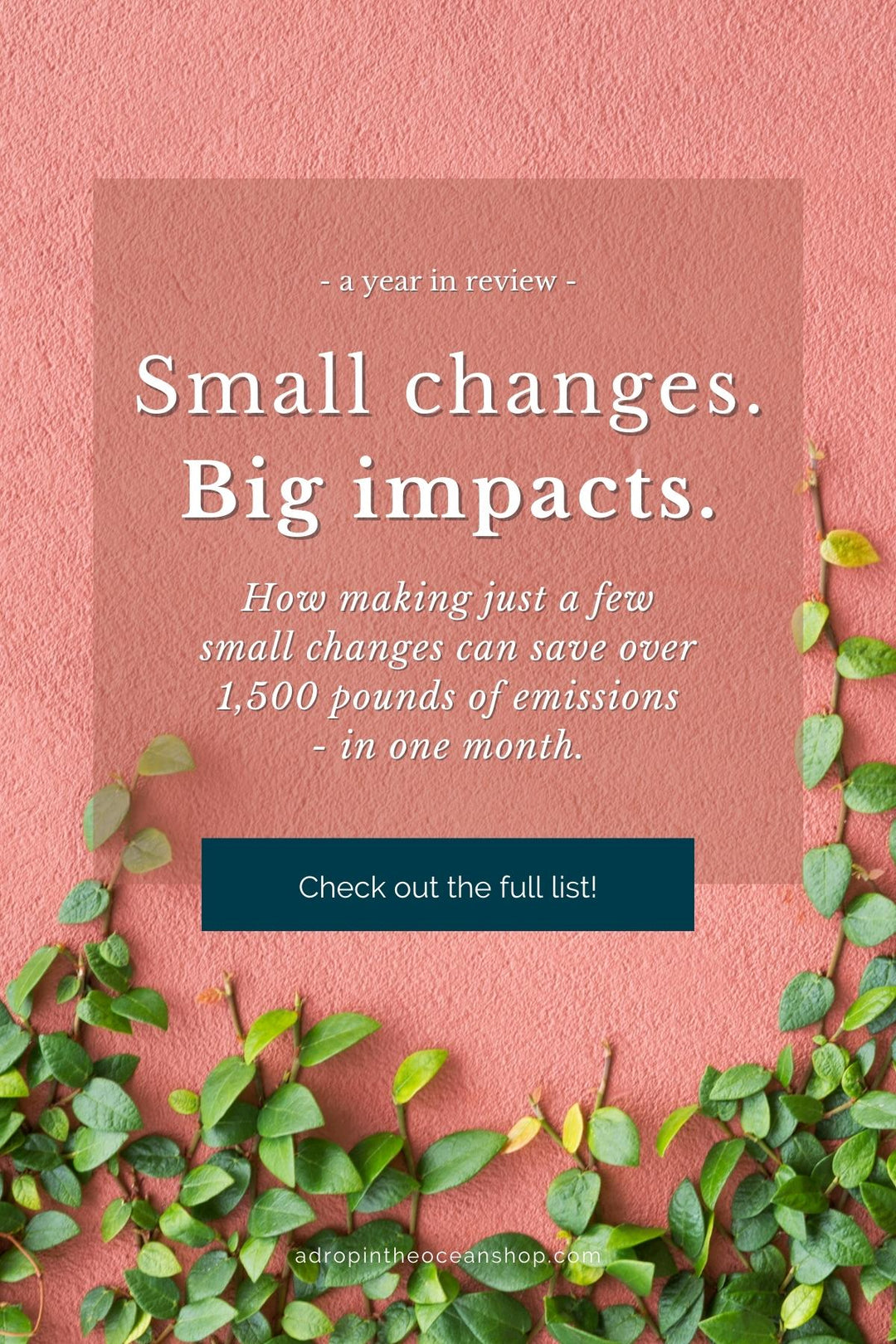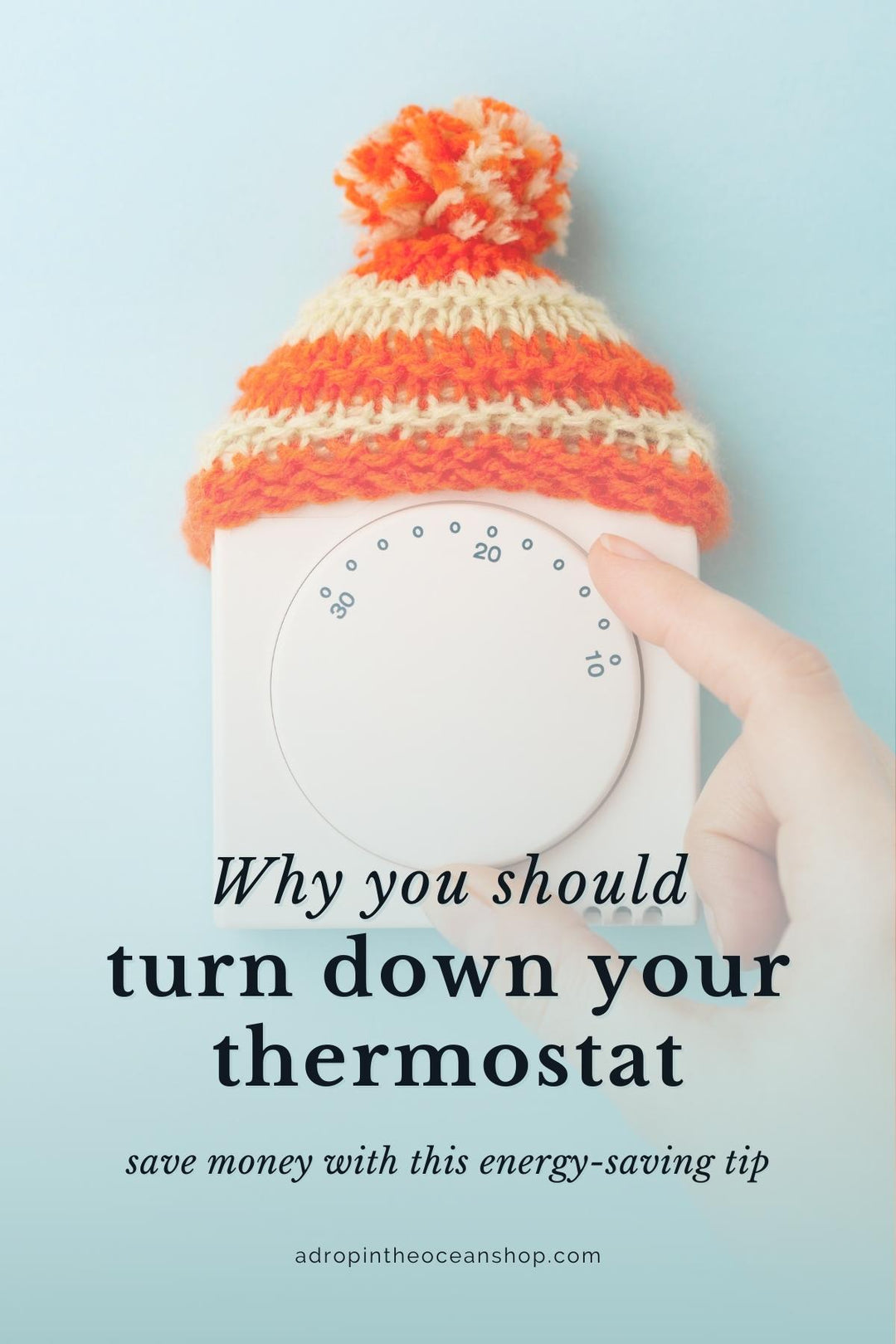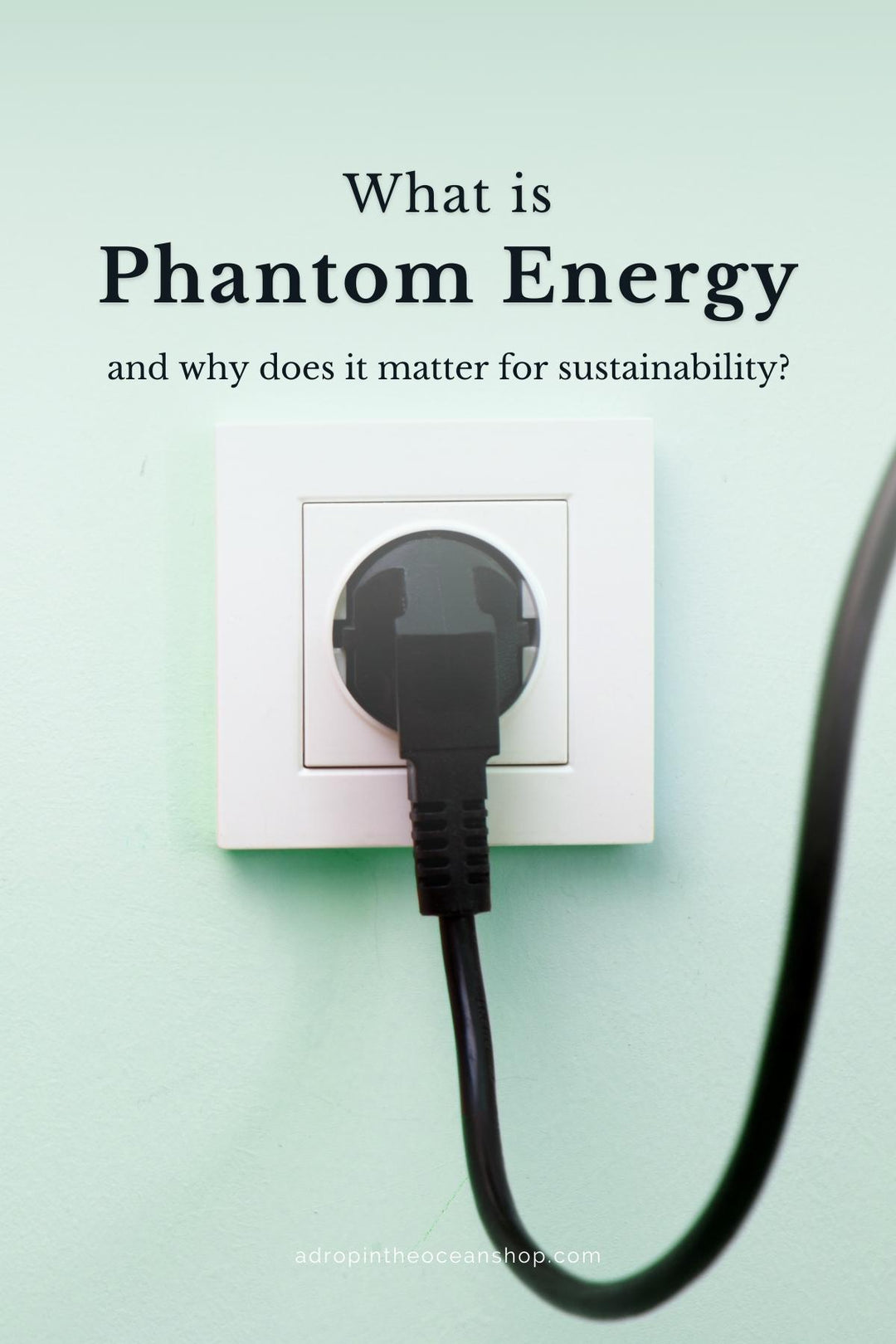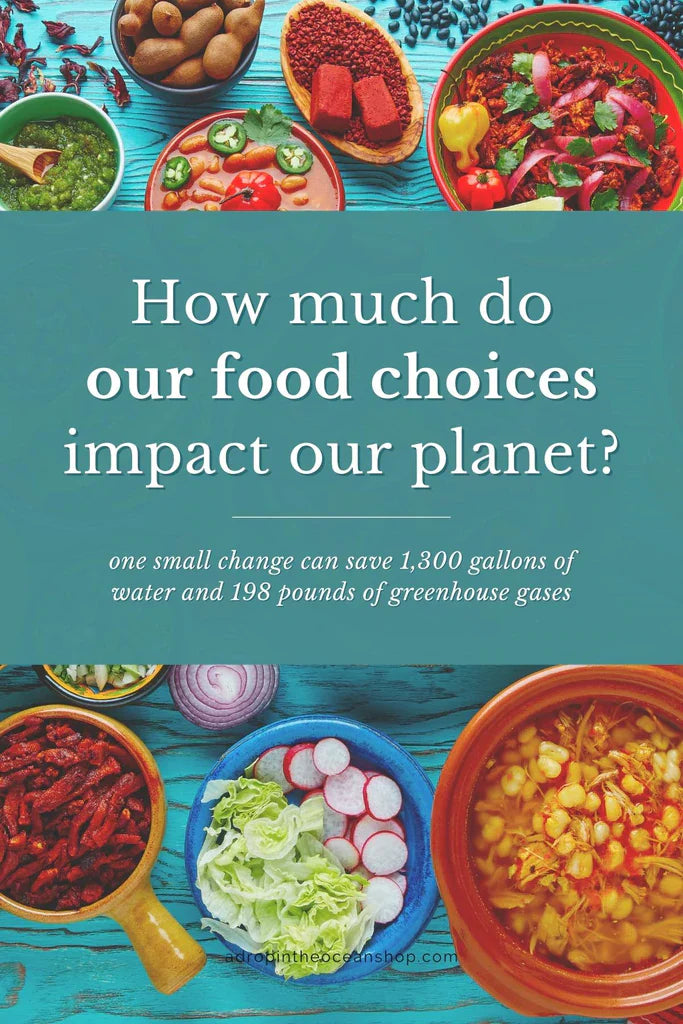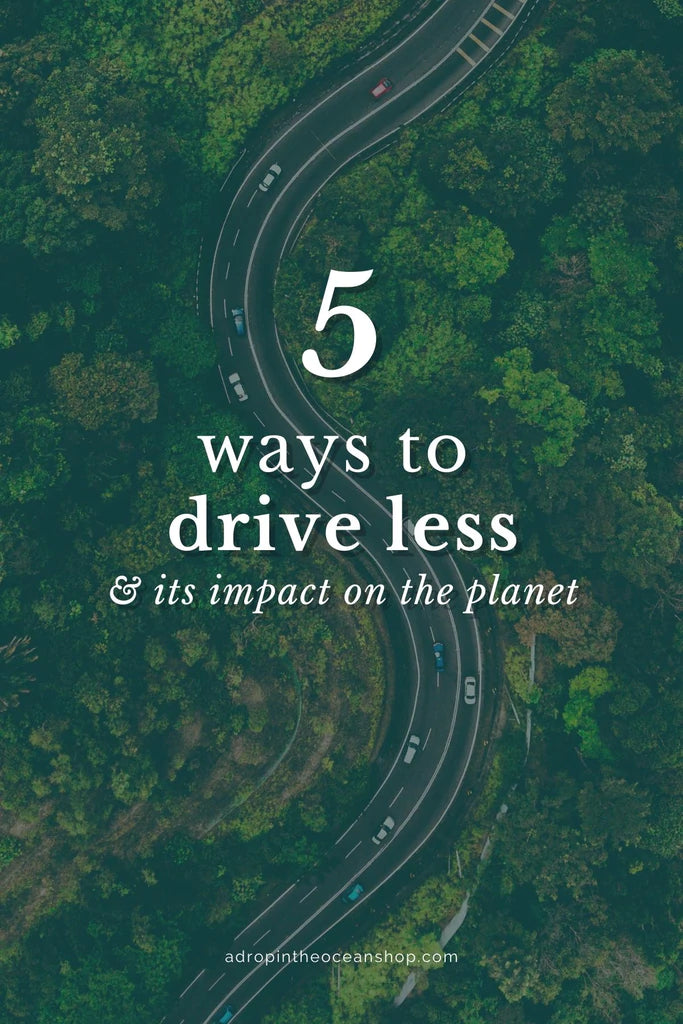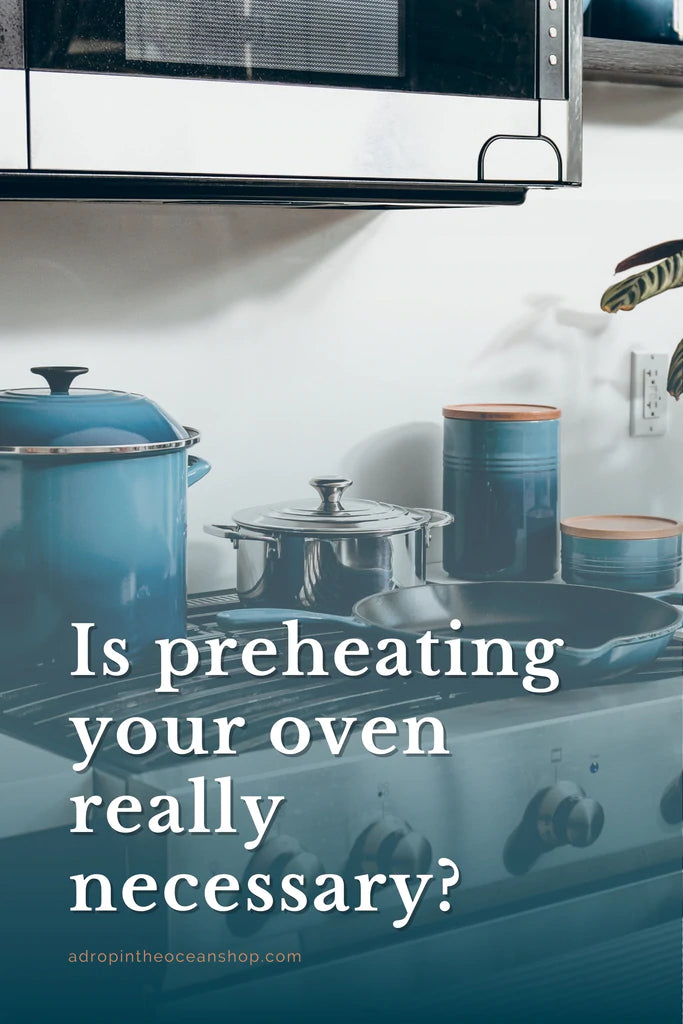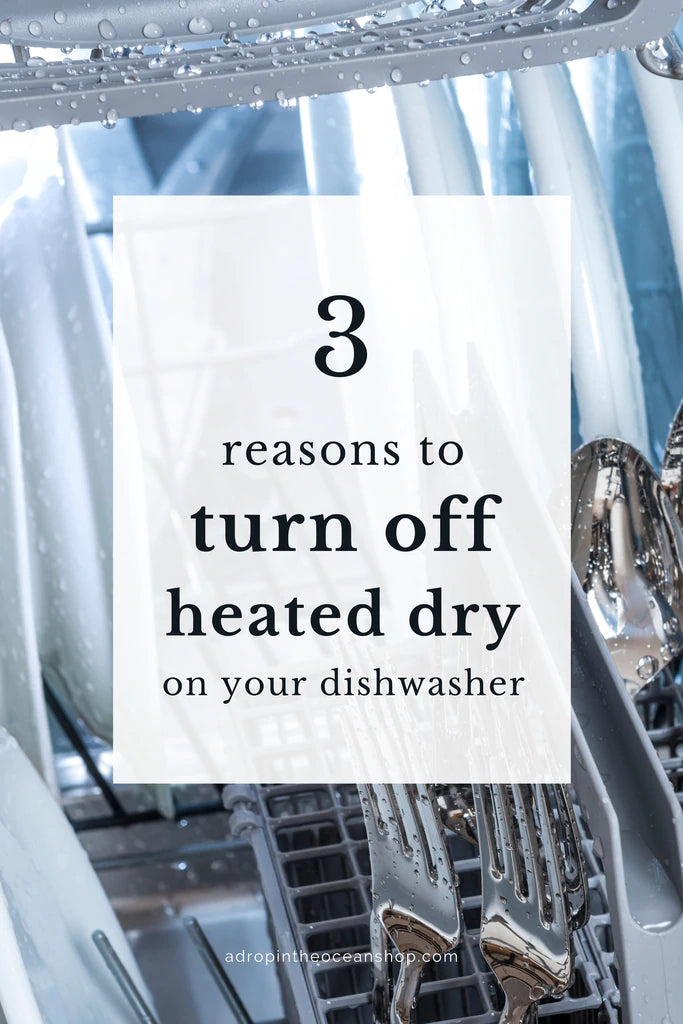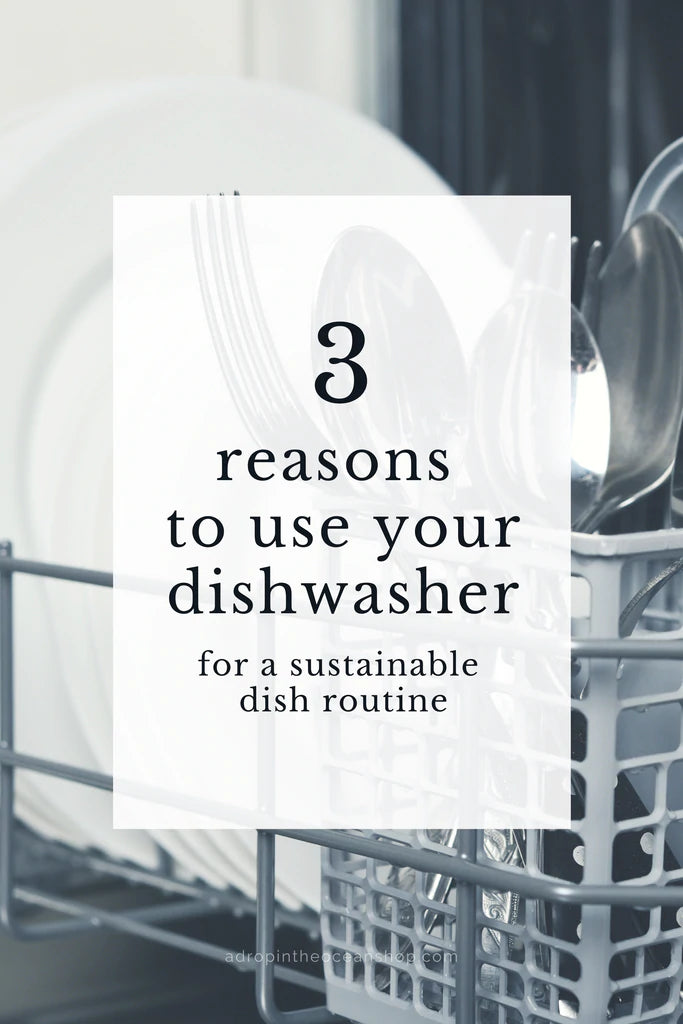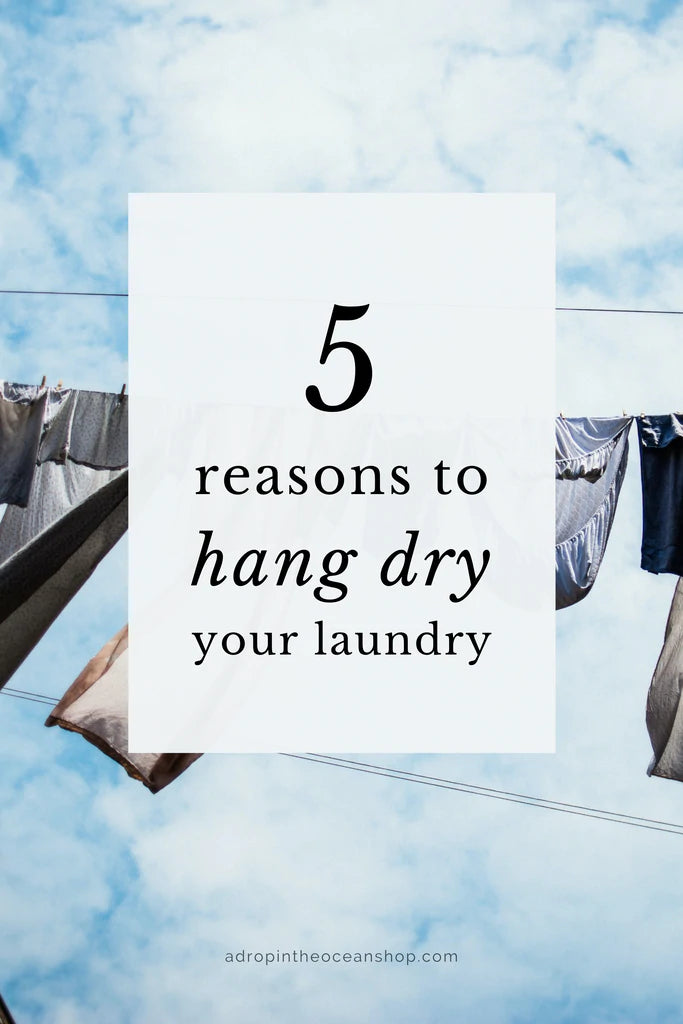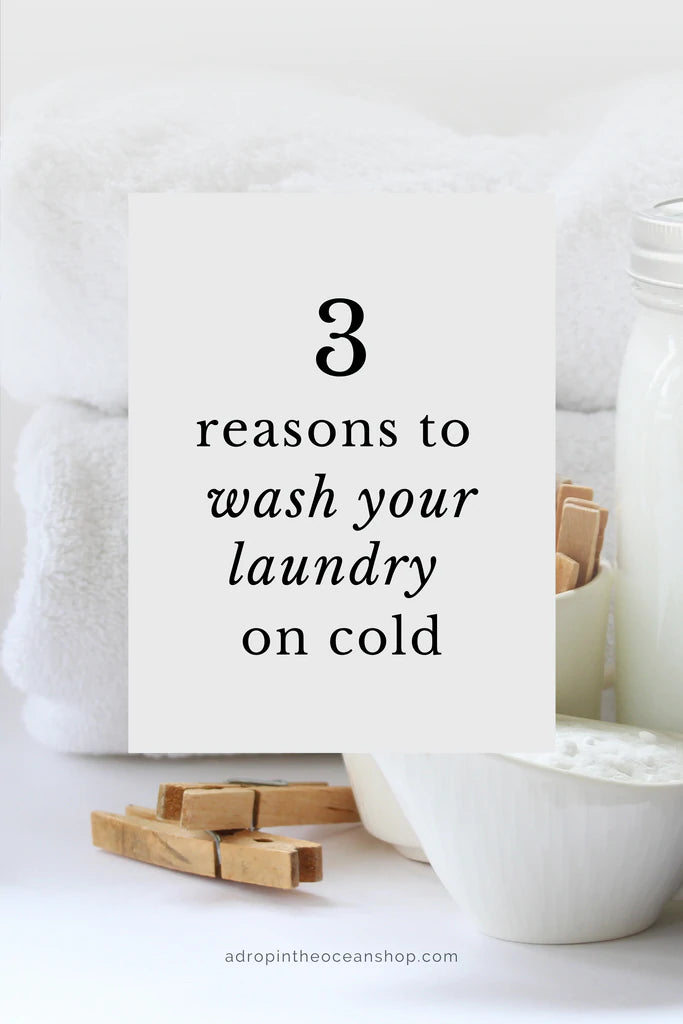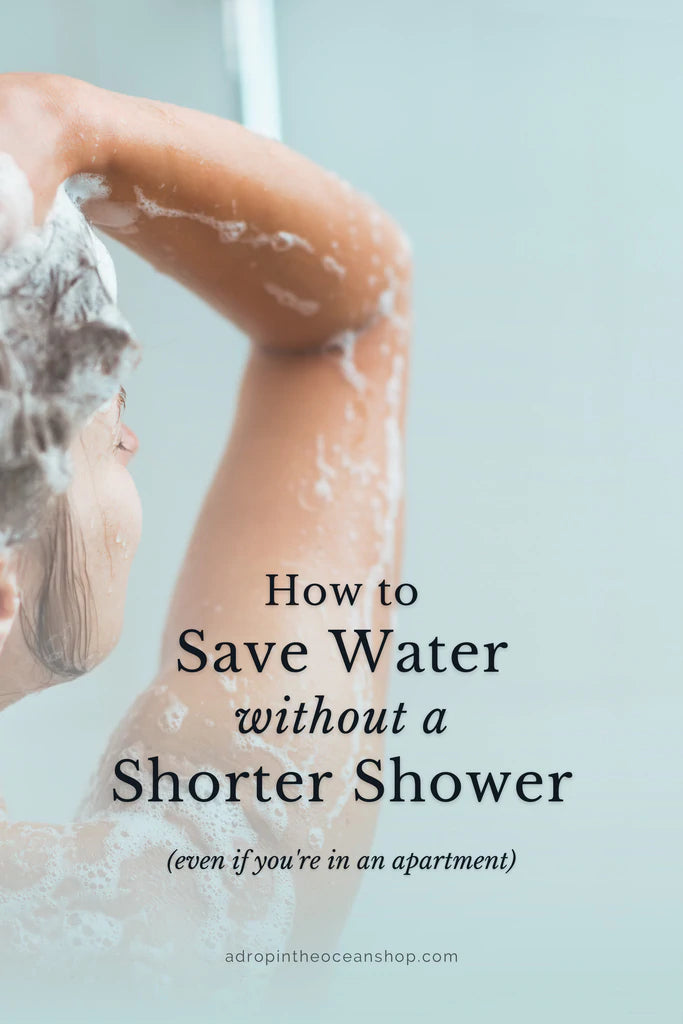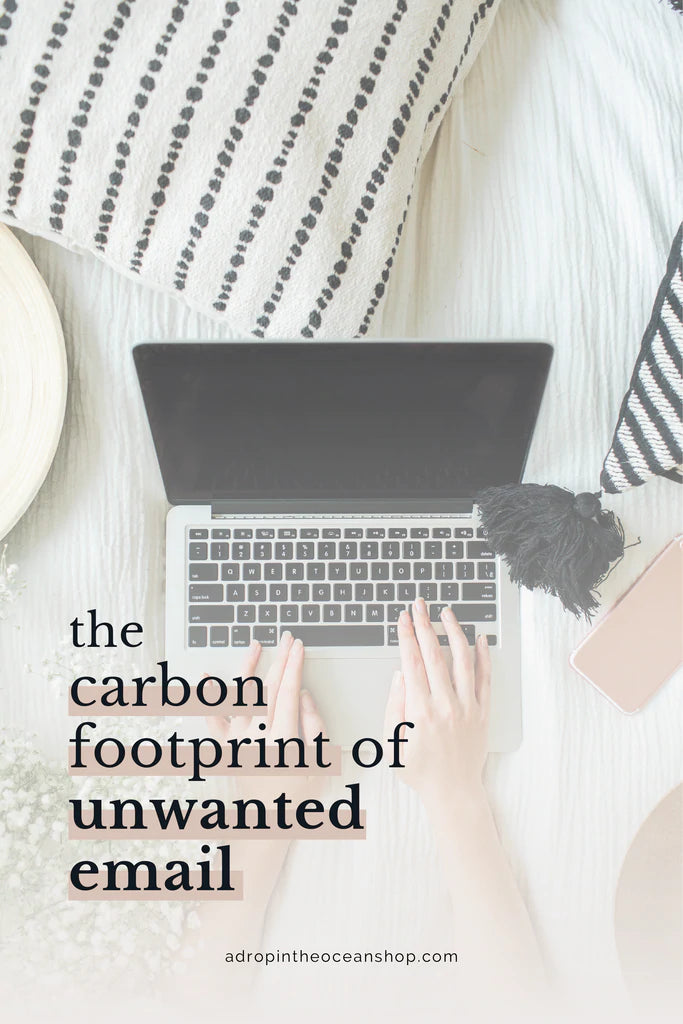Blog
I want to kick off the new year with something super simple… 24 sustainable actions to try in 2024. Every action on this list is intended to perhaps push you a little outside your comfort zone, but still be totally actionable and do-able in most of our lives. Which ones will you try this year?
I did an audit of all the random things I do in a day to live more sustainably that I honestly don’t even notice anymore. Because living sustainably isn’t a checklist or a to-do list. It’s our small choices, every day, that add up to the big stuff. These small changes have had real, tangible, impacts in reducing my waste - whether wasted time, energy, or money - without having to think about them all the time.
This month’s Small Change Big Impact is to clean out your dryer lint trap and air vents! You already know that you should clean out your clothes dryer’s lint trap before every load, but do you really know why? Because I sure didn't!
This year, we introduced a mini-series of blog posts where we focused on just one small thing we can do in our everyday lives that has a big impact for our planet. To wrap up this mini-series, we're taking a journey back through them to see just how big of an impact we could have making these changes for just one month.
What’s your thermostat set to right now? It may not seem like one or two degrees really matters when it comes to sustainability, but they really do! Residential heating and cooling accounts for 9% of all energy consumption in the United States. Here's how to slash that number and save money.
What do phantoms and vampires have to do with zero waste? It’s all got to do with energy use. Because remember, zero waste is about more than physical waste. It’s about wasted time, wasted energy, and wasted resources. Phantom energy, or vampire power, is the energy your electronic devices are always consuming, even when they’re turned off or not in use, and all that phantom energy can add up quickly.
It takes intention to change food habits. They’re ingrained in our culture. So rather than use this space to say we should all go vegan or we should all go vegetarian, what if instead we each ate one less pound of meat each week? How much would it really matter?
Nearly a third of all of the United States’ greenhouse gas emissions are from transportation. About a sixth are from our everyday vehicles. That’s a huge portion of our emissions just from one aspect of life - getting from Point A to Point B! The good news is, we don’t need everyone to stop driving to make a sustainable difference. Do this instead.
